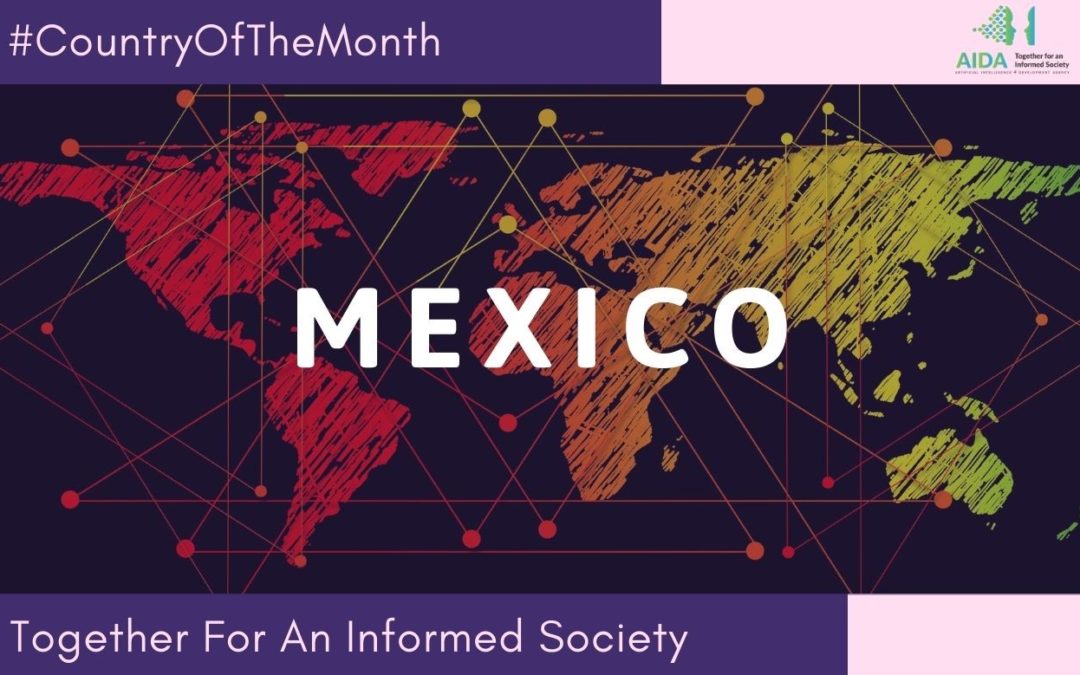For many people in Mexico, their existence depends on farming. As it is the case in many other developing countries, small farmers are deeply afflicted by below average productivity. While climate change and other growing challenges play a key role, access to modern agriculture technologies remains the biggest part of the problem for small farmers.
Understanding the economic benefits of Artificial Intelligence (AI), Mexico decided in 2017 to initiate a national conversation around AI. This strategic effort culminated in the development of an AI strategy [1], as well as an official roadmap on how to develop and adopt AI within the country. The process was coordinated by Dr. Miguel Gonzalez Mendoza, President of the Mexican AI Society, and an UK based consultancy. Moreover, the Mexican Ministry of Agriculture has joined the COMPASS project [2] which aims to improve crop yields for Mexican farmers by leveraging sophisticated geospatial data and artificial intelligence systems.
In the agriculture sector, AI plays a key role in making processes more efficient through agricultural robotics and digital workforce, predictive analytics and precision farming, and risk management.
In Mexico, according to the report Towards an AI strategy in Mexico: Harnessing the AI Revolution [3], “KYSO is an agritech startup that uses geolocalisation to perform metadata analysis of soil pH levels, humidity, temperature, and overall weather conditions. The technology enables farmers to automate irrigation in response to weather conditions. This has optimised crop outputs by 54% in comparison to current processes. KYSO is training and piloting their algorithm in Milpa Alta (CDMX) and Cuernavaca (Morelos) and working closely with local farmers”.
In addition, the COMPASS project built a smartphone-based app that helps farmers improve their technical, environment and financial performance in areas where internet connectivity may not exist.
Along with making agricultural processes more efficient, there are many other examples of AI being developed and deployed across Mexico. Their applications include: • improving transport mobility; • developing technical skills; • improving operational efficiency at the local levels; • countering fake news in natural disasters; • improving user experience on public transport; and • improving government communication efficiency via chatbots [4].
In a nutshell, today AI remains visible in many sectors across the Mexican economy, in particular in the agriculture sector. The role of the government in creating the right AI strategy and policies is crucial since they are the gatekeepers for a solid and ethical foundation for AI development.
References:

